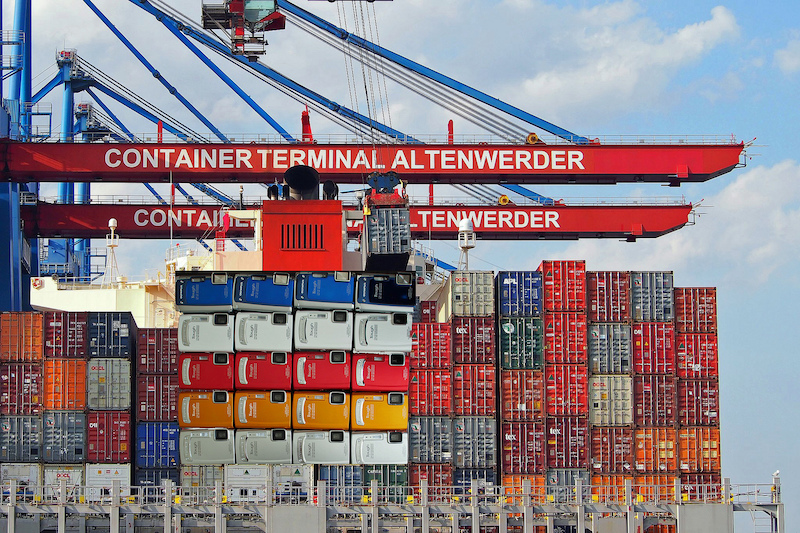At a time when Canada is entering into new trade agreements around the world that seek to eliminate barriers to international trade, such as the Comprehensive Economic and Trade Agreement (CETA) with the EU, inefficiencies within its own borders seem to be undermining Canada’s economic reputation abroad.
At question is the fact that businesses and workers face different rules when switching provinces. With signs of increased protectionism internationally, the members of the Senate Committee in Banking argue that there is urgency to resolve the issue of internal trade within Canada. The committee further explains in a statement, “The US, Canada’s biggest trading partner, is soon to elect a new president, who might be less receptive to trade with Canada.” Moreover, UK’s exit from the EU, is another example that isolationism internationally, could negatively affect Canadian economy. Facilitating trade within Canada will provide a measure of insurance against potential hits to international trade.
In the nineteenth century, Sir John A. Macdonald had a vision to build a railway that would finally link the Confederation of Canada. The Canadian Pacific Railway allowed Canadians for the first time to easily transport goods and people across the country. But today, transportation across provinces is more expensive than exporting those same goods across the world. Persistent barriers to internal trade, regulatory differences, inconsistent standards, and restrictions on the free movement of goods and services have placed Canadian firms at a disadvantage. The result is a weaker Canadian economy, lost opportunities and a divided Canada.
Businesses are operating today in an increasingly competitive global economy. Hence, it is important to have a market at home in which they can build their scale without limiting choice and driving up costs. According to the “Tear Down These Walls” report, the Senate Banking Committee guessed that the economy loses CAD $130 billion a year from internal barriers.
When countries trade they are able to focus on producing those products that they make most efficiently. What is currently happening in Canada creates a market distortion and loss of allocative efficiency. Firms that are protected from competition have little incentive to reduce their production costs. No doubt Canadian consumers face higher prices compared to their next-door neighbors. Apart from that, even from province to province, Canadians face a lack of consistency in prices in their own country.
The closest progress that has been achieved in recent years was an agreement in Western Canada between Alberta, Saskatchewan and British Columbia called the New West Partnership Trade Agreement. The latter has been fully implemented since 2013 and it creates a single economic region encompassing the three provinces, thus presenting a great opportunity for continued economic growth.
Following the agreement, businesses registrants in one province are now able to seamlessly register in the other provinces at the same time as their original incorporation. Unnecessary differences in business standards and regulations thus get eliminated. Allowing goods, services, capital and workers to flow freely across the British Columbia, Alberta and Saskatchewan borders boosts trade, makes it easier for businesses to expand into the other provinces.
Moreover, labour mobility provisions allow certified workers to practice their occupation in the three provinces without being subject to additional exams or training requirements.
Canada is facing serious labour shortages in the years ahead. It is already approaching a crisis in certain sectors and provinces, where there are mismatches between the local labour force and the skill sets required. An aging population only complicates the picture. Yet resistance to the Canadian single market remains strong. In these times, we cannot afford being victims of protectionist laws, which need to be urgently reformed.
Photo: Cargo Shipment (2012), by gelympus via Flickr. Licensed under CC BY 2.0.
Disclaimer: Any views or opinions expressed in articles are solely those of the authors and do not necessarily represent the views of the NATO Association of Canada.




